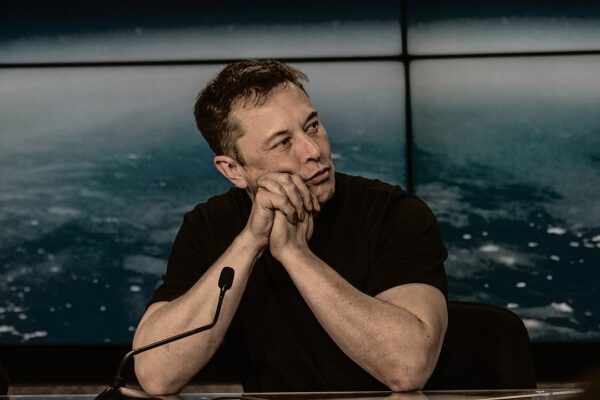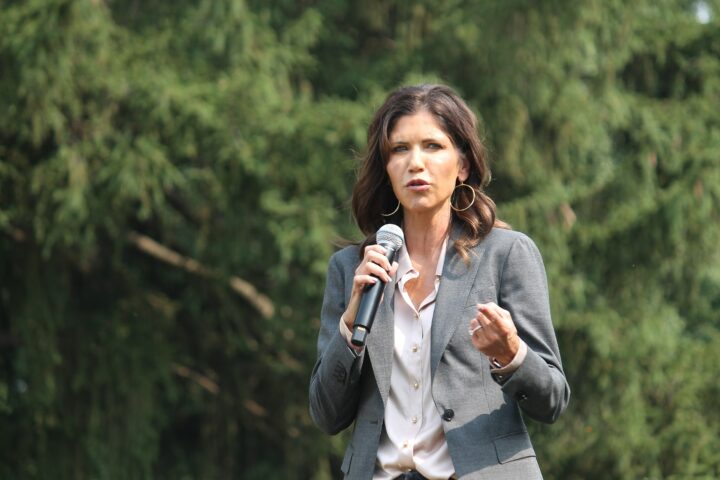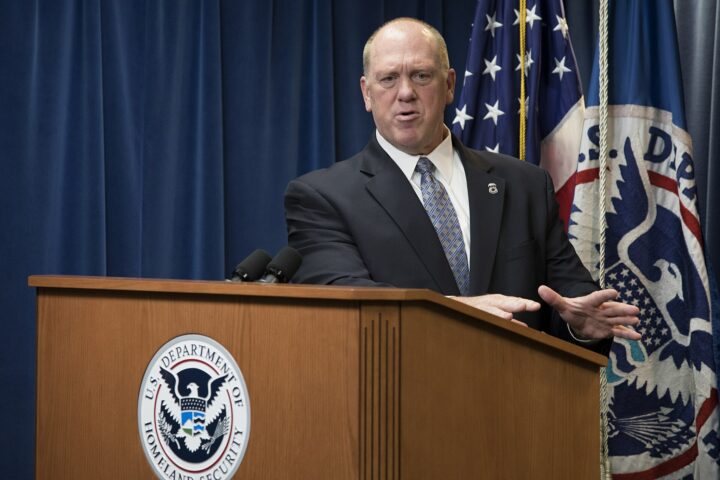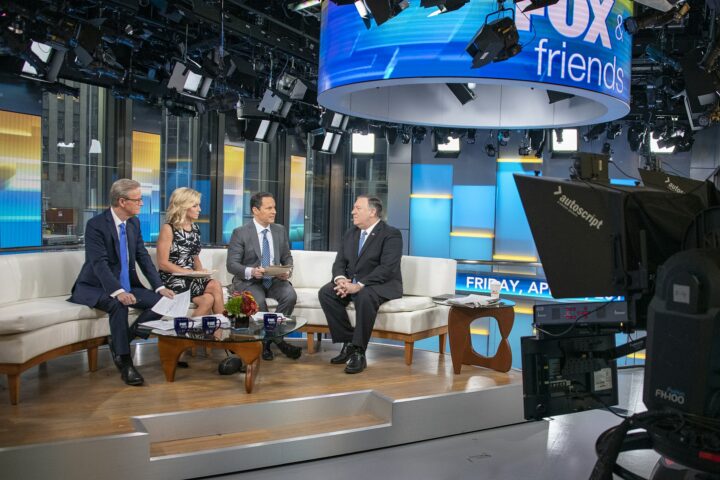Elon Musk delivered a stinging rebuke to resident Donald Trump on Monday, publicly denouncing the so-called “One Big Beautiful Bill” as reckless fiscal policy that threatens economic stability and innovation in the United States.
Musk, once aligned with Trump’s populist messaging, not only criticized the sweeping spending package—expected to add trillions to the federal deficit—but also floated the possibility of forming a new political party.
In a statement posted on his social media platform X, Musk described the legislation, which includes major tax cuts and the elimination of clean energy incentives, as “utterly insane and destructive.”
He warned that the bill would eliminate high-paying jobs in cutting-edge industries, supplanting long-term growth with short-term fiscal theatrics.
Musk hinted at a new political movement—dubbed humorously by him as the “Porky Pig Party”—to give voice to the “middle 80 percent” of Americans, a demographic he described as unrepresented by today’s polarized parties.
How can you call yourself the Freedom Caucus if you vote for a DEBT SLAVERY bill with the biggest debt ceiling increase in history?@RepAndyHarrisMD @chiproytx
— Elon Musk (@elonmusk) June 30, 2025
The remarks mark a sharp departure from Musk’s earlier praise for Trump, including during the rollout of Space Force and various business ventures.
Their relationship began to deteriorate after Trump supported phasing out electric vehicle tax credits that favored Tesla—a move whose reverberations still echo in Musk’s critique of broader economic policy.
While Trump has dismissed Musk’s criticism as the grumbling of an “otherwise wonderful guy,” he has warned that Tesla and SpaceX might lose future government contracts.
Musk’s intervention arrives just ahead of a critical Senate vote expected before the Fourth of July recess.
Republicans are currently split: one faction backs aggressive deficit reduction and generous tax breaks, while another expresses worry about the bill’s long-term impact on debt and competitiveness.
Moderate Republicans, including Senators Rand Paul and Thom Tillis, have voiced concern, while Democrats uniformly oppose the proposal, citing the burden imposed on future generations and vulnerable communities.
Economists largely echo Musk’s fears. Recent analysis from the Congressional Budget Office estimates the bill would add more than $3 trillion to the national debt over a decade.
Conservative fiscal watchdogs warn that unchecked borrowing could stifle innovation and hamper emerging industries—from AI to renewable energy.
Even as Musk’s call for a centrist alternative reflects his personal brand and audience, political analysts suggest it remains unlikely to materialize before the 2026 midterms.
A muscular third party might resonate with disillusioned voters, but building a national infrastructure to compete in America’s entrenched two-party system would take years.
Nevertheless, Musk’s public pivot reveals the growing pressures within conservative circles—where technologists, deficit hawks, and traditionalists are reassessing their loyalties.
[READ MORE: Trump Blasts Democrat Senator Over Claim He May Make Obamaesque Deal With Iran]








